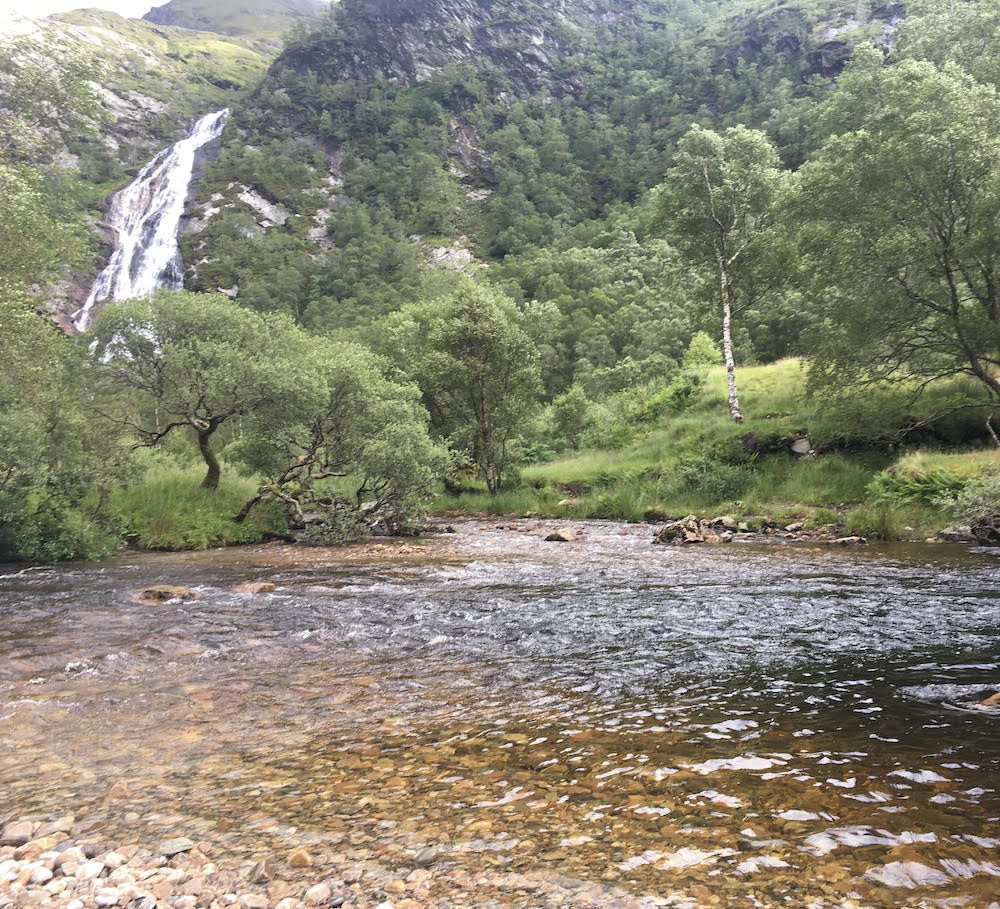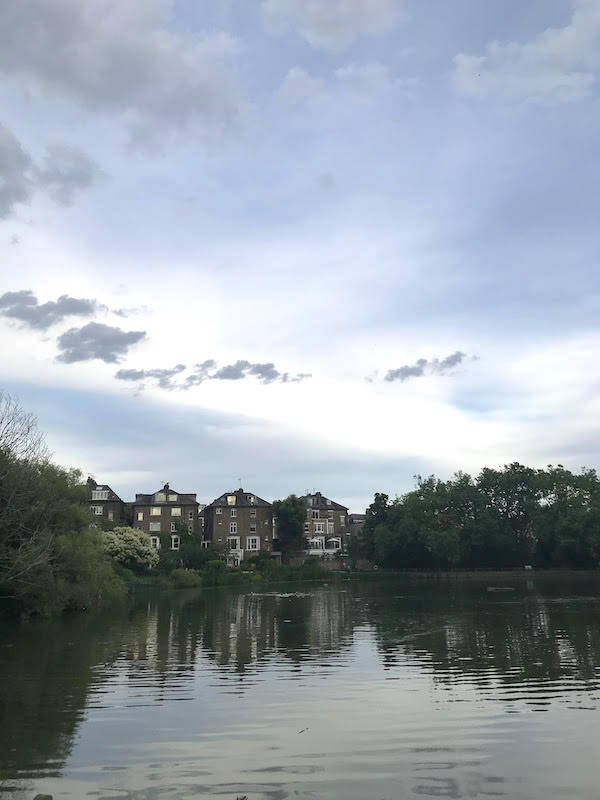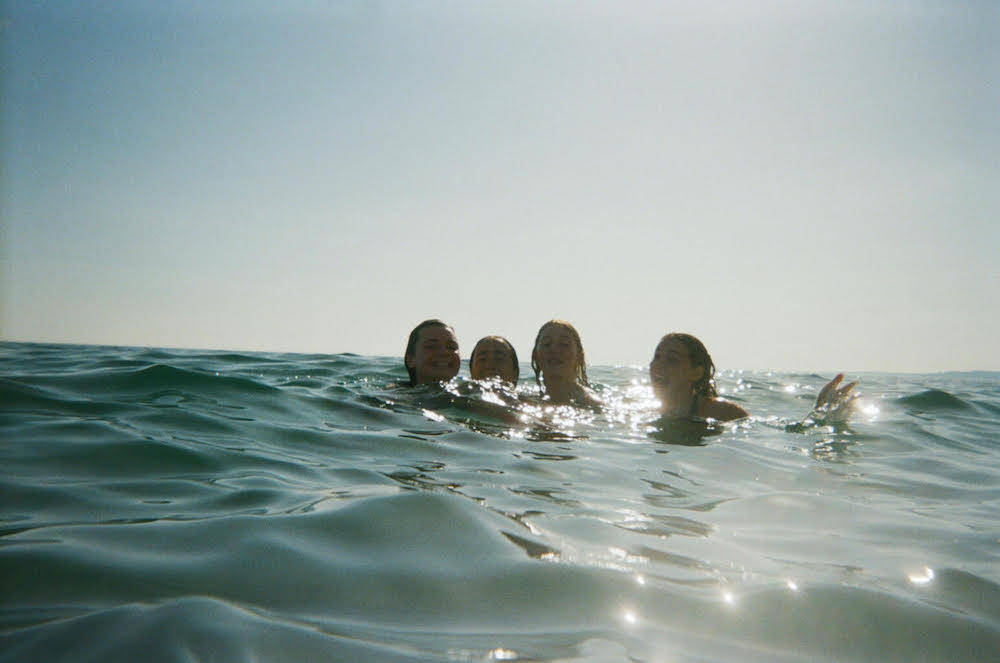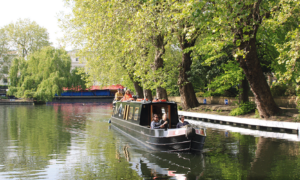(Editor’s note: Wild swimming is suddenly 2023’s biggest health trend. Benefits include reducing inflammation and arthritis as well as improving your mental state. See links to recent posts below examining the health aspects.)
If you’re a Londoner and struggling with the heat this summer, I’m sure you’re aware of a recent craze – wild swimming. But what is all the fuss about?
Current fitness trends are all well and good for those who like the gym, but for those who don’t, or those who are simply looking for a little adventure this summer, wild swimming is the perfect respite. It became popular post-COVID as a form of exercise that can be socially distanced and has since seen a burst in popularity, encompassing all ages and abilities.
At first, the term might bring to mind remote bodies of water and rough coastlines, but I promise you that for us city dwellers it is much closer than you think.
London, in all its urban glory, has plenty to offer.
A city that has grown over centuries with the Thames River as its locus, London’s waterways have been key to its gradual expansion, whilst also featuring many ponds, lakes and docks to tickle any wild (or urban) swimmer’s fancy.

At first cold, then refreshing
Having jumped on the bandwagon myself, I can say that it lives up to the hype, as long as you don’t mind the cold and, albeit natural, lack of cleanliness. Whilst the initial dip may have you yearning for the warm, sterile environment of a pool, there is something incredibly refreshing and rewarding about swimming in a natural environment.
Having swum in the paralyzingly cold waters of Scotland, my recent trips to the Hampstead Heath ponds have been luxury by comparison – a balmy 23 degrees Centigrade! Regardless of temperature, it’s funny how quickly your body adjusts; the initial bitingly cold feeling gradually turns into a fresh, crisp sensation I haven’t experienced elsewhere.
Especially for Londoners who are well in need of a break from the hustle and bustle of city life, wild swimming provides a sense of calm and a return to nature that seems so indulgent. It’s a form of exercise that is so wildly different to what we’re used to, it feels like a little adventure. There’s also something quite romantic about it, think “Line of Beauty,” “The Go-Between” or “Call Me By Your Name.”
Romantic manifestations aside, wild swimming does have serious health benefits; it is great exercise for the whole body and has no impact, so it’s ideal for those who are rehabilitating or prone to injury. Furthermore, cold water swimming has been said to boost your immune system, improve your circulation, burn calories, reduce stress and even increase your libido – what’s not to love!
An unexpected and addictive rush

What I think is key to its popularity is its low cost (it’s usually free or low in price), which makes it an accessible sport that is inclusive for all. Welcoming communities, such as the Serpentine Swimming Club in Hyde Park or the Blue Tits in Teddington, have formed around a shared enthusiasm for the sport, and, as it requires little equipment or preparation, it’s an easy sport to dive – or tentatively dip – into.
Indeed, it is that unexpected and addictive crisp rush of pleasure that is probably more enjoyable than the knowledge of any health benefits. There is a sense of contentment and satisfaction that swimming in an indoor pool just doesn’t provide. After a quick dip I feel rejuvenated and ready to tackle my next jam-packed week.
As temperatures in London reach record-breaking heights, wild swimming is the perfect antidote to a scorching climate. However, the real aficionados are those who continue swimming well into the depths of winter, those who take part in the Christmas day swim in the Serpentine or who are still seen in the Hampstead Heath ponds in January.
I’m not sure if I’ll still have the guts then – so I may, or may not, see you there!
Read more about what to do and see in London here in Dispatches’ archives.
–––––––––––
Read more about the wild swimming here:
“The Pain and Joy of Cold Water Swimming,” – Bloomberg
“Why ice swimming is so hot now,” – Financial Times
“Wellness industry’s new, ‘wild’ trend has some in travel ready to plunge in,” – Travel Weekly
“Benefits of cold water swimming explained by health experts – an icy dip is really is so good for you,” – Woman & Home
Amelia Anderson is London born and raised and has never stopped exploring the city. Having moved to Oxford for her bachelor’s degree in History of Art, she has now moved back to study Gender Studies at University College London.















